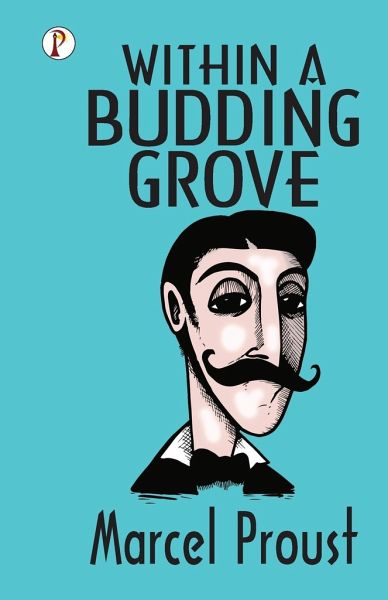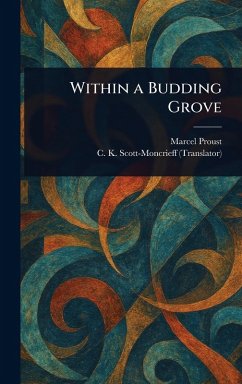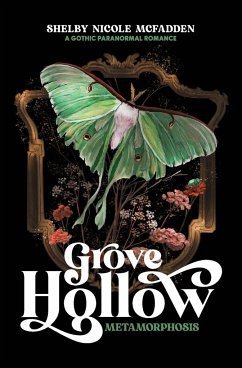
Within A Budding Grove
Versandkostenfrei!
Versandfertig in 1-2 Wochen
26,99 €
inkl. MwSt.

PAYBACK Punkte
13 °P sammeln!
"The bonds that unite us to another human being are sanctified when he or she adopts the same point of view as ourselves in judging one of our imperfections." ¿ Marcel Proust, Within a Budding Grove Within a Budding Grove (1919) by Marcel Proust recounts the experiences of the narrator as he is growing up. Written in two parts, the novel takes the readers to Paris in the First Part. The narrator struggles in his relationship with Gilberte Swann and her mother Mme Swann. The Second Part shifts to the seaside resort of Balbec, where the narrator, feeling indifferent towards Gilberte, meets and ...
"The bonds that unite us to another human being are sanctified when he or she adopts the same point of view as ourselves in judging one of our imperfections." ¿ Marcel Proust, Within a Budding Grove Within a Budding Grove (1919) by Marcel Proust recounts the experiences of the narrator as he is growing up. Written in two parts, the novel takes the readers to Paris in the First Part. The narrator struggles in his relationship with Gilberte Swann and her mother Mme Swann. The Second Part shifts to the seaside resort of Balbec, where the narrator, feeling indifferent towards Gilberte, meets and befriends a group of young girls. He finds a new object of attention-Albertine, "a girl with brilliant, laughing eyes and plump, matt cheeks." This rendezvous helps him to identify the difference between attraction and love.



sv_optimiert.jpg)









